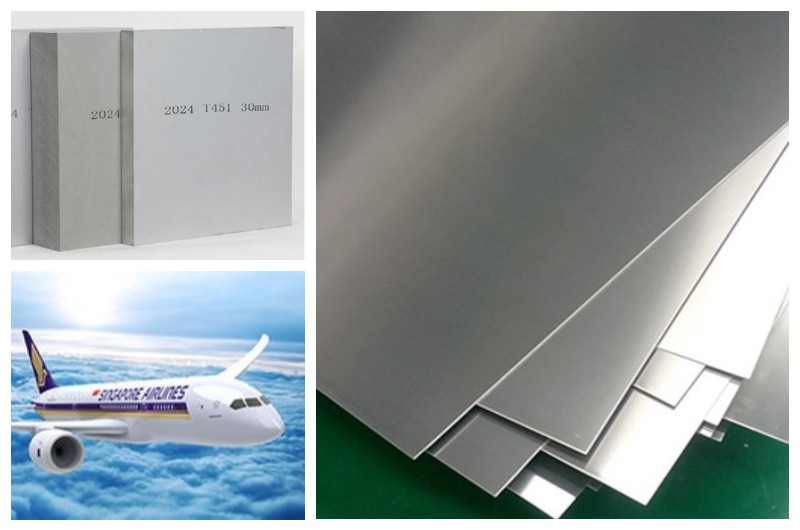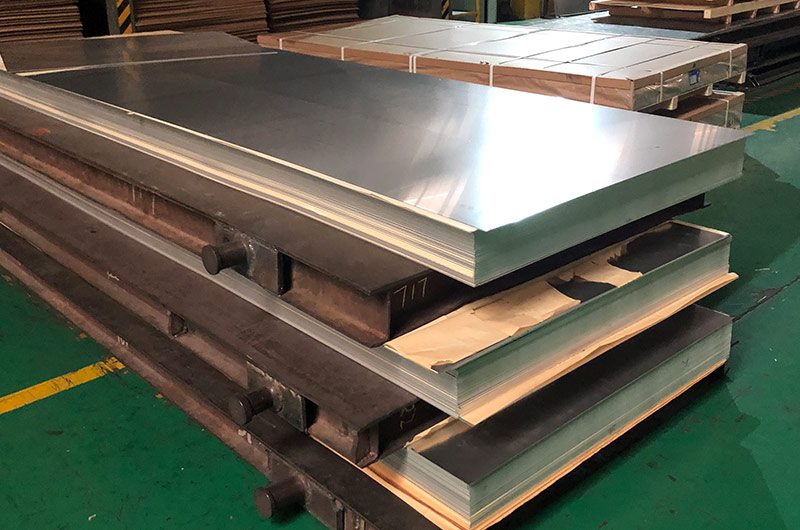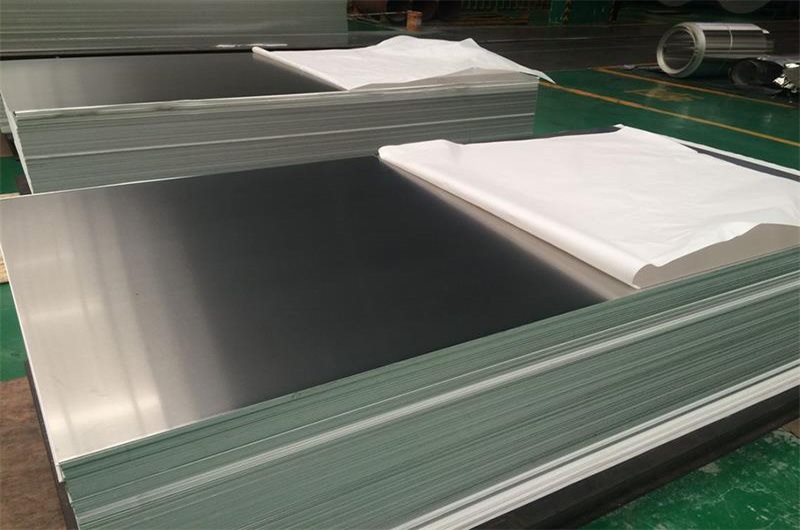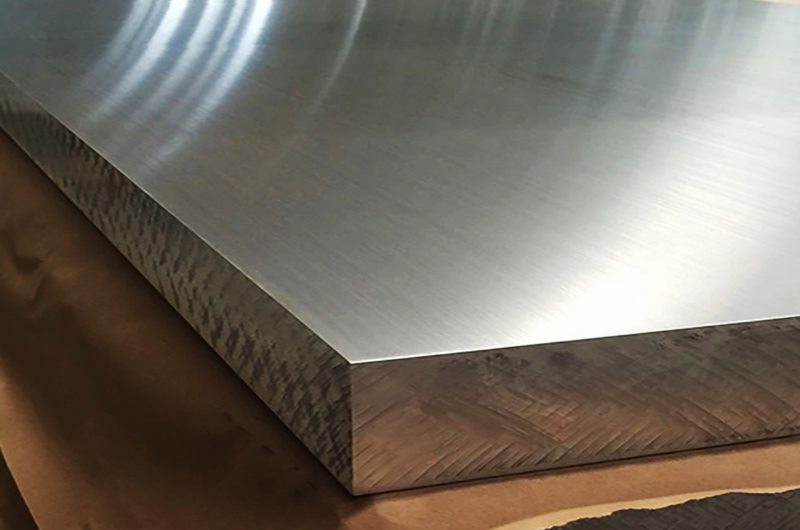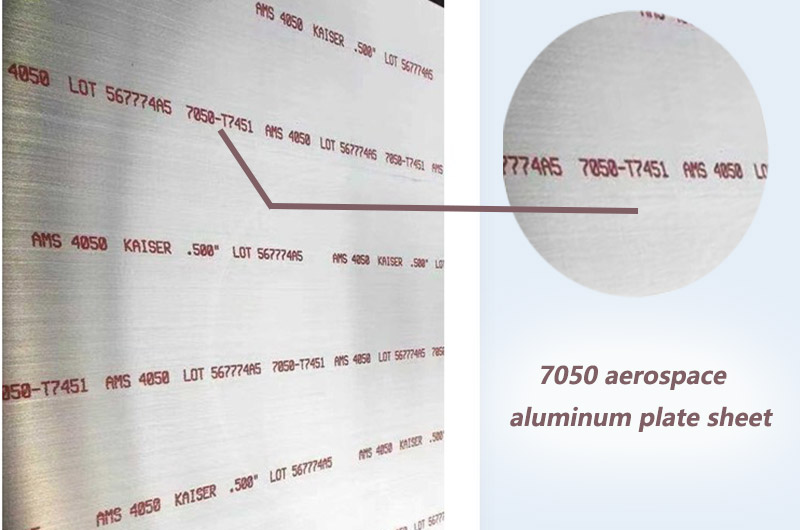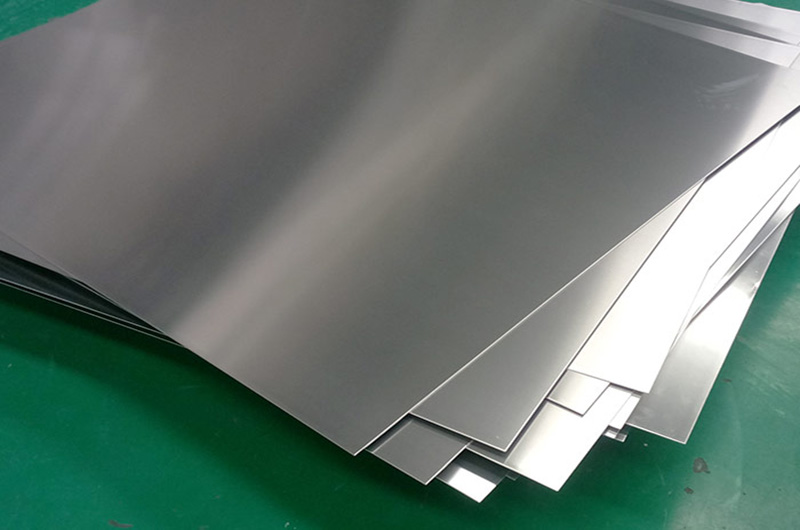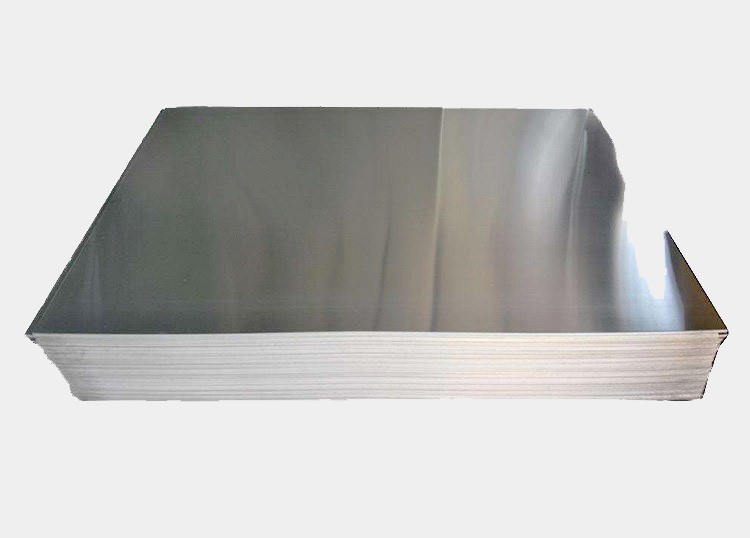- 7 series aerospace aluminum alloy
- 7 series aerospace aluminum alloy tensile strength
- 7 series aerospace aluminum alloy properties
- Aerospace Aluminum 7 Series Aluminum Alloy Characteristics
- 7 Series Aerospace Aluminum Disadvantages
- 7 Series Aerospace Aluminum Applications
The main feature of 7 series aviation aluminum alloy is its high hardness and high strength. It is a common alloy among aviation aluminum materials and is often used to manufacture aircraft structures.
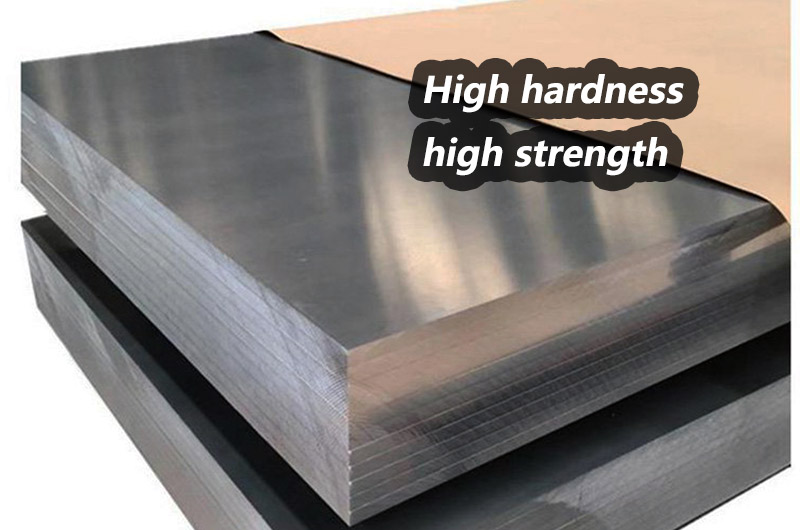
7 series aerospace aluminum alloy
7075 aluminum is a type of aviation aluminum. In addition to 7075 aluminum, 7475 aluminum, 7175 aluminum, etc. are also widely used in the aviation field.
- 7075 Aerospace Aluminum
- 7475 Aerospace Aluminum
- 7175 Aerospace Aluminum
- 7010 Aerospace Aluminum
- 7055 Aerospace Aluminum
- 7050 Aerospace Aluminum
- 7014 Aerospace Aluminum
- 7049 Aerospace Aluminum
- 7150 Aerospace Aluminum
- 7178 Aerospace Aluminum
- 7475 Aerospace Aluminum
7 series aerospace aluminum alloy also includes 7A04, 7A09, 7A15, 7B04, 7B05, etc. These alloys often have excellent strength, corrosion resistance and lightweight properties, making them widely used in aircraft manufacturing.
The selection of these 7 Series aerospace aluminum alloys often depends on specific application requirements such as required strength, weight constraints and properties such as corrosion resistance. Overall, 7 series aluminum alloys play an important role in the aviation industry, providing reliable material support for the lightweight and high strength of aircraft.
7 series aerospace aluminum alloy tensile strength
Under normal conditions, its tensile strength can reach more than 600MPa. The yield strength of 7 series aluminum alloy is usually between 300-500MPa, which can effectively resist deformation and deformation caused by external loads.
7 series aerospace aluminum alloy properties
This alloy has good heat treatment properties and corrosion resistance. Its strength and hardness can be significantly improved through heat treatment, while its corrosion resistance can be improved, and it can maintain stable performance in various environments.
7 series aluminum alloy is a cold-working forged alloy with excellent processing properties and heat treatment properties.
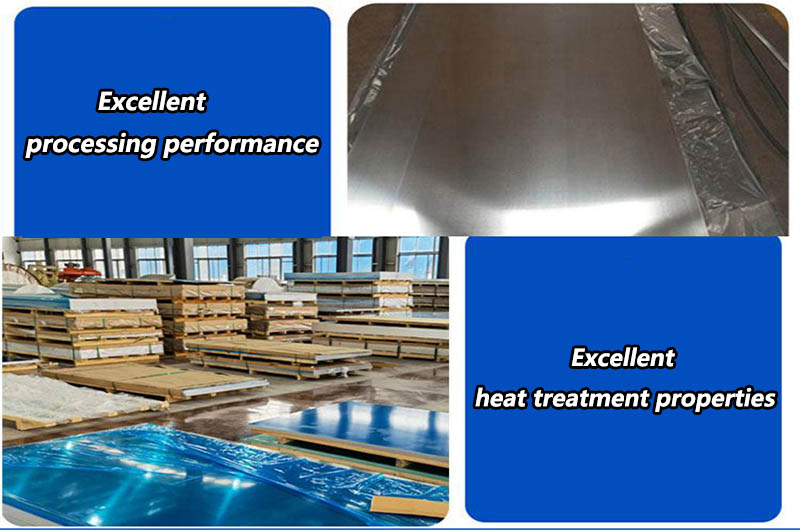
Aerospace Aluminum 7 Series Aluminum Alloy Characteristics
1. High strength
The strength of 7 series aluminum alloy is much better than mild steel. Its main alloy elements are zinc and magnesium. The MgZn2 structure formed by zinc and magnesium has obvious strengthening effect, making the heat treatment effect of 7 series aluminum plate far better than other aluminum plates. As the content of zinc and magnesium increases, the strength of the aluminum plate will further increase. Especially when the temperature is lower than 150℃, the performance is better.
2. Mechanical properties
7 series aluminum alloy has excellent mechanical properties, including high strength, hardness and good plasticity. Because the internal crystals are fine and evenly distributed, the 7 series aluminum plate has super wear resistance, and its high-level drilling performance is also rare. These properties make it suitable for manufacturing aircraft parts that need to withstand heavy loads and high-speed movements.
3. Strong corrosion resistance
Series 7 aluminum alloys are resistant to corrosion and oxidation when exposed to the atmosphere. It has good resistance to stress corrosion and spalling corrosion, and performs well in the processing of high-stress structural parts. This makes it suitable for aircraft components in marine environments and other corrosive environments.
4. Easy to process
7 series aluminum alloy can be processed into components of various shapes and sizes through various processing methods, such as casting, forging, extrusion and rolling, etc. These processing methods can meet the strict requirements of aircraft manufacturing.
5. Lightweight
Because the 7 series aluminum alloy has high strength and hardness and a relatively low density, it is suitable for manufacturing lightweight aircraft parts, helping to improve the fuel efficiency and performance of aircraft.
6. Good thermal conductivity
7 series aluminum alloy has good thermal conductivity and can effectively transfer heat, making it suitable for manufacturing aircraft parts that need to withstand high temperatures and dissipate heat.
7 Series Aerospace Aluminum Disadvantages
The addition of zinc and magnesium elements can improve the strength of the 7 series aluminum plate, but as the zinc and magnesium elements increase, the stress corrosion resistance and spalling corrosion resistance of the 7 series aluminum plate will also decrease.
7 Series Aerospace Aluminum Applications
In the aviation field, it is widely used in manufacturing aircraft structural parts and other parts requiring high strength, such as engine parts, landing gear, seats, etc. In addition, 7 series aluminum alloy can also be used to manufacture other mechanical parts that require high strength, high hardness and wear resistance, such as gears, shaft parts, etc.
Among them, 7A04 and 7A09 alloys are often used as materials for structural components in the aerospace field because of their high strength and fatigue resistance. 7B04 and 7B05 alloys are often used for riveting and welding, and are suitable for the manufacture of aircraft shells and other components.
In addition to applications in the aviation field, 7 series aluminum alloys can also be used to manufacture other mechanical parts requiring high strength, high hardness and wear resistance. Due to its higher price, it is generally used in high-end industries and occasions with higher requirements.
It should be noted that the 7 series aluminum alloy has a higher hardness and is more difficult to process, requiring fine processing and heat treatment operations. At the same time, attention must be paid to preventing adverse factors such as overload and high temperature from affecting its performance during use.
Informations you may be interested in:

